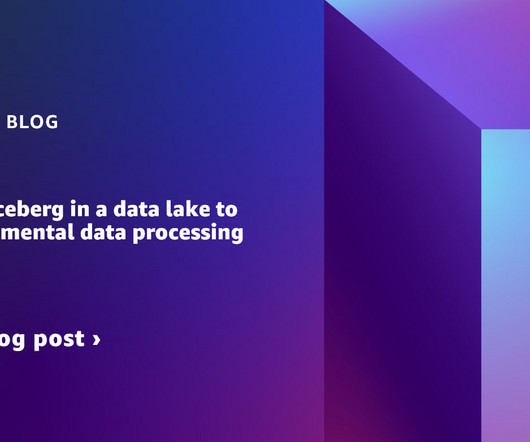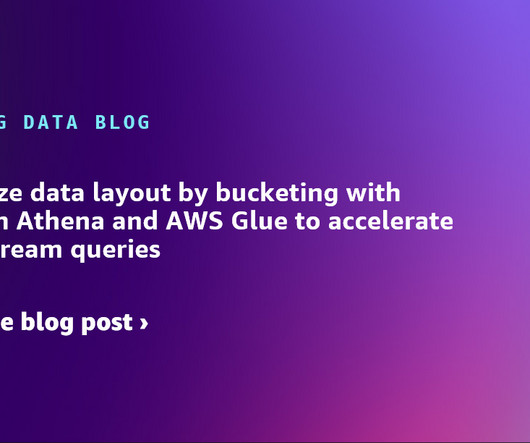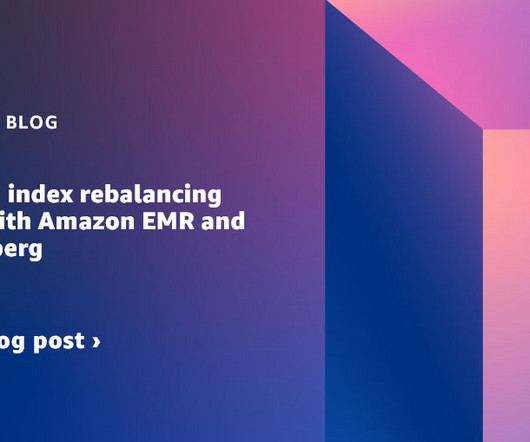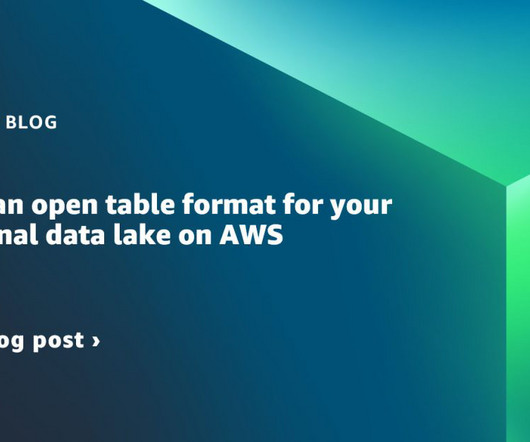What is a data architect? Skills, salaries, and how to become a data framework master
CIO Business Intelligence
OCTOBER 13, 2023
Established and emerging data technologies: Data architects need to understand established data management and reporting technologies, and have some knowledge of columnar and NoSQL databases, predictive analytics, data visualization, and unstructured data. Are data architects in demand?






















Let's personalize your content